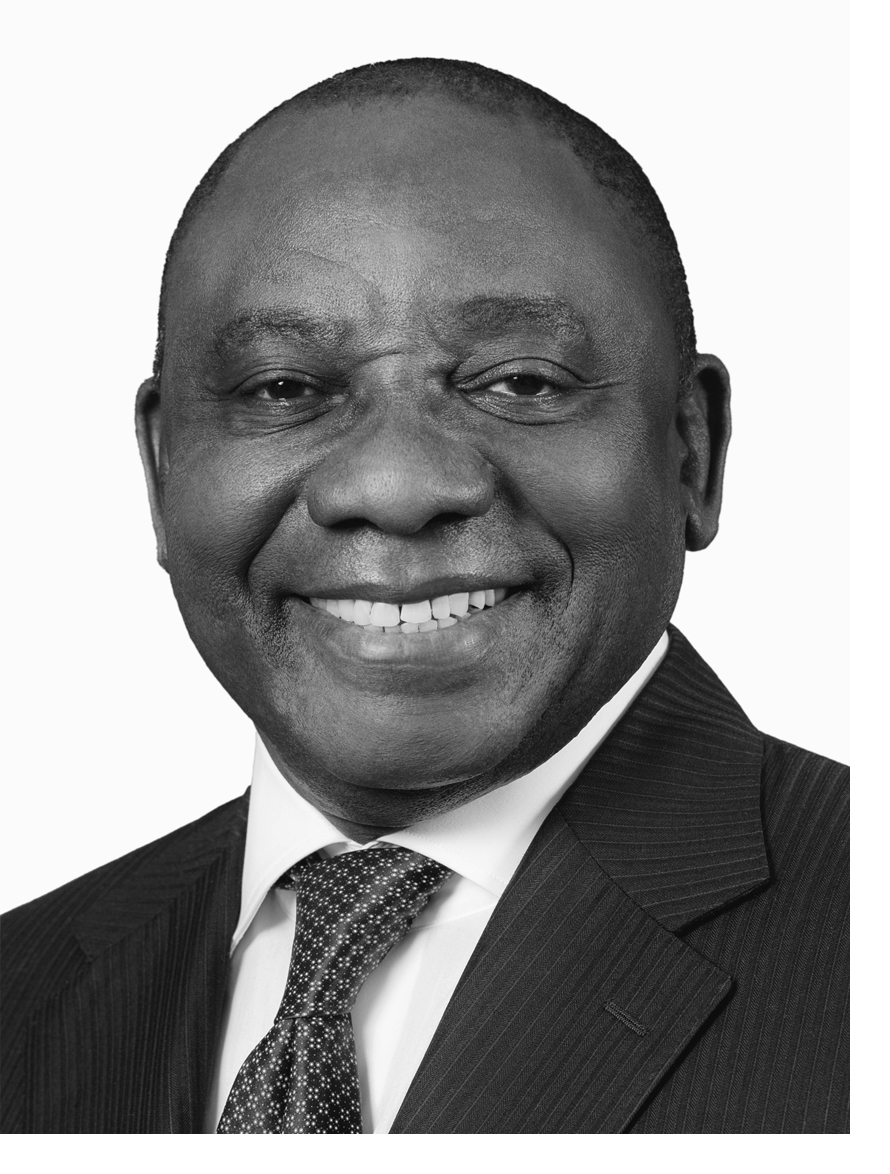President assents to statutory recognition of Khoi-San

President Cyril Ramaphosa has signed into law the Traditional and Khoi-San Leadership Act which constitutes the nation’s unprecedented statutory recognition of the Khoi-San communities, leaders and structures.
The President has also assented to the Critical Infrastructure Act which repeals the apartheid-era National Keypoints Act and provides for public- private cooperation in the identification and protection of critical infrastructure.
The Traditional and Khoi-San Leadership Act seeks to transform traditional and Khoi-San institutions in line with constitutional imperatives, such as the Bill of Rights and restore the integrity and legitimacy of the institutions of traditional and Khoi-San leadership in line with customary law and practices.
It also provides for the protection and promotion of the institutions of traditional and Khoi-San leadership.
Furthermore, the Act directs that the kingship or queenship, principal traditional community, headmanship, headwomanship and Khoi-San communities must transform and adopt customary law and customs in a manner that is consistent with the principles contained in the Bill of Rights of the Constitution.
While certain traditional structures and leadership positions have been recognised by law in compliance with Constitutional prescripts, there has never before been statutory recognition of the Khoi-San.
To this end, the formal recognition of the Khoi-San communities, leaders and structures required enabling legislation, to which the President has now assented.
In the infrastructure sector, the Critical Infrastructure Act repeals the National Key Points Act of 1980 which has become outdated and is not aligned with the imperatives of the democratic Constitution.
The law provides for the identification and declaration of infrastructure as critical, and engages both the public and private sectors in the protection, safeguarding and resilience of critical infrastructure.
The Act provides for guidelines and factors to be taken into account to ensure transparent identification and declaration of critical infrastructure, and provides for the administration of the Act under the control of the National Commissioner of Police, replacing the South African National Defence Force as the responsible entity.
In addition, the Act also provides for the establishment of the Critical Infrastructure Council and its functions.
The President has also assented to the Traditional Leadership and Governance Framework Amendment Act which, in the main, seeks to address failures to reconstitute the tribal authorities and traditional councils within the prescribed time, including aligning the term of office of the re-constituted tribal authorities and traditional councils with the terms of the National House of Traditional Leaders (NHTL).
Media enquiries: Khusela Diko, Spokesperson to the President – 072 854 5707
Issued by: The Presidency
Pretoria




